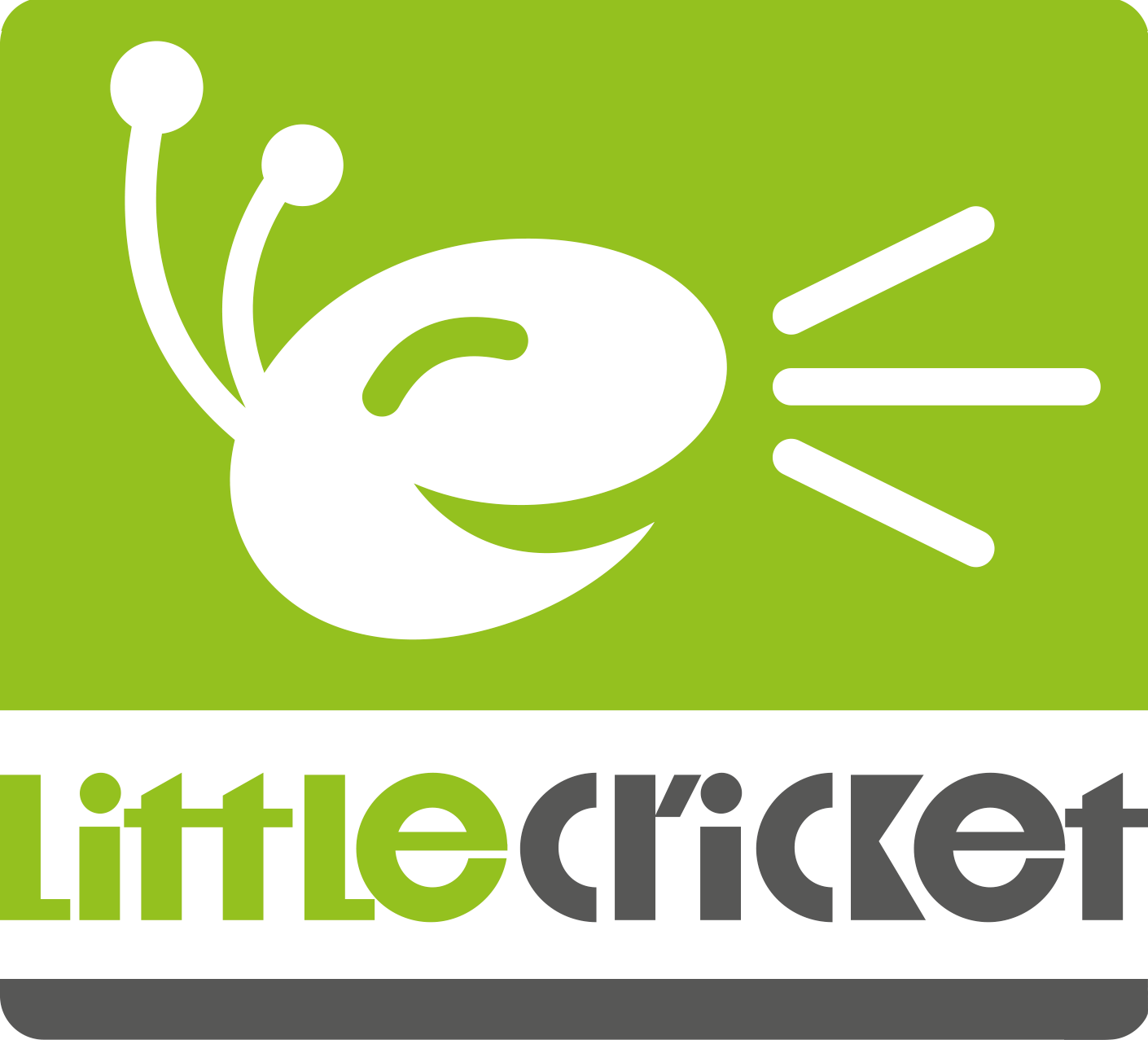My visit to the IBC Show was limited to one day this year so, to get the most out of my time, I booked a very early flight to Schiphol and a relatively late flight back home – giving me the full day at the show. And, because they offered a great rate from the airport closest to my home, I booked with EasyJet.
Before I go any further, I need to point out that I expected at least one of my flights to be delayed - this was not my first rodeo. What I didn’t’ expect was to be stuck in the departure lounge well after my flight was supposed to have taken off, with no communication from EasyJet about the delay and no idea what gate we’d be boarding at, or when that might happen. The night didn’t get any better, but I’ll spare you the details.
But it’s my own fault for choosing advertising over PR.
EasyJet spends a lot of money advertising the fact that they provide the cheapest flights to 133 destinations, but they have a one star rating on Trustpilot (the irony!) People book flights with EasyJet, despite their terrible reputation, because the price is right – and this is how they have managed to disrupt the aviation industry.
The video industry is in the midst of a similar disruption – the move to IP and cloud technology are making it easier for new providers to enter the market and compete with the old guard at an attractive price. But here’s why prioritising price over reputation won’t work for suppliers to this industry;
- We literally can’t afford it - traditional advertising is very expensive and few challengers enter the market with big marketing budgets.
- The market isn’t big enough to appeal only to budget-buyers. Despite setting new visitor record numbers at shows like IBC and NAB each year, the broadcast and professional video industry is a relatively small one – you need to offer both a good product and competitive pricing to succeed.
- It’s a B2B environment – while we may be willing to risk inconvenience by choosing unreliable providers for our personal needs, we’re far less likely to put our business at stake.
In this close-knit community reputation is integral to success for both veterans and challengers. So why do so many vendors struggle to see the value of PR? Probably because they’re confusing press releases with public relations.
PR is not just getting your news into the trade press – it’s any activity that keeps your brand top of mind in your target market, in a positive way. Harold Burson - described by PR week as “the century’s most influential PR figure” defines public relations as
“an applied social science that influences behaviour and policy, when communicated correctly motivates an individual or group to a specific course of action by creating, changing or reinforcing opinions and attitudes.”
Effective PR will use everything from social media to trade press, influencers and events to achieve a good relationship with your market.
And while the results of a good reputation may be difficult to measure, the results of a bad reputation will be painfully obvious.
Someone tell EasyJet I won’t be flying with them next year.


